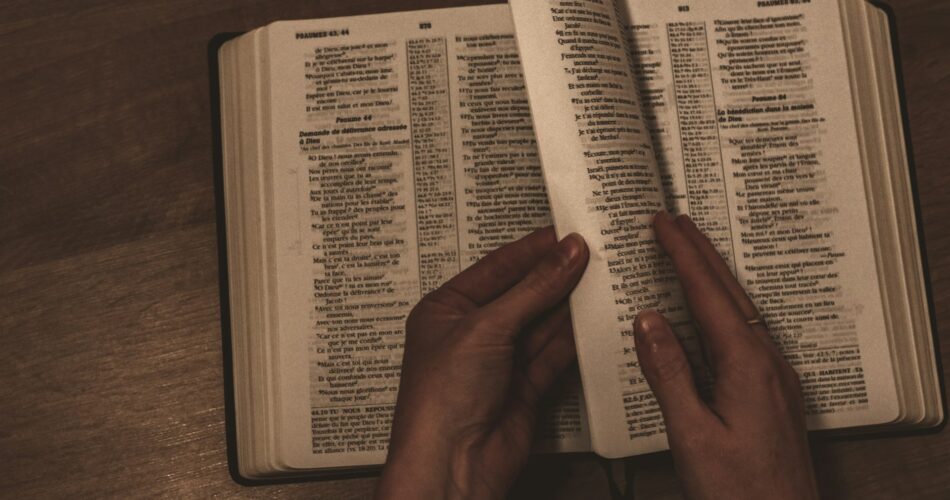Activist Creates Fake Religion To Block Christian Symbols
An atheist and LGBT activist is urging officials in Hartford, Connecticut, and several other cities to fly a satirical flag in response to recent decisions to display the Christian flag. The activist, Timothy “Chaz” Stevens from Florida, made the request after the Hartford City Council approved the display of the Christian flag during Holy Week, a tradition the city has observed for several years.
Stevens has demanded the cities also raise a flag representing what he calls the “Church of Satanology and Perpetual Soirée.” However, this group does not appear to be a legally recognized organization in Connecticut, and online searches yield no evidence of its formal existence. Stevens openly admits that his so-called church is not a real religious group but a satirical project designed to challenge what he sees as religious favoritism by public institutions.
In cities such as New Britain, Bridgeport, and Waterbury, Christian flags have been raised during public ceremonies. New Britain’s mayor shared that the display served as a personal reflection on her faith. In response, Stevens is offering a “Satan loves the First Amendment” flag on his website as a form of protest, claiming his work is a mix of constitutional advocacy and performance art.
Stevens argues that his campaign is not about promoting Satanism but about highlighting double standards in how religious expressions are handled by the government. He describes himself as a concerned citizen who uses the First Amendment to challenge what he views as unconstitutional religious favoritism. He has previously filed legal challenges in Florida over similar issues.
A self-described atheist and provocateur, Stevens has a history of activism targeting what he sees as Christian privilege in government spaces. He has made headlines for controversial statements and actions, including opposing Bible presence in schools and critiquing religious messages on currency. His current efforts, he says, aim to support marginalized groups, including LGBTQ youth and children of color, by confronting perceived bias in public policy.
